Introduction
Exercise and fitness are vital for everyone, but they hold particular significance for the disability community. Engaging in regular physical activity offers a multitude of physical, mental, and social benefits, enhancing overall quality of life. This article explores the importance of exercise and fitness for individuals with disabilities, highlighting the transformative impact it can have on their lives.
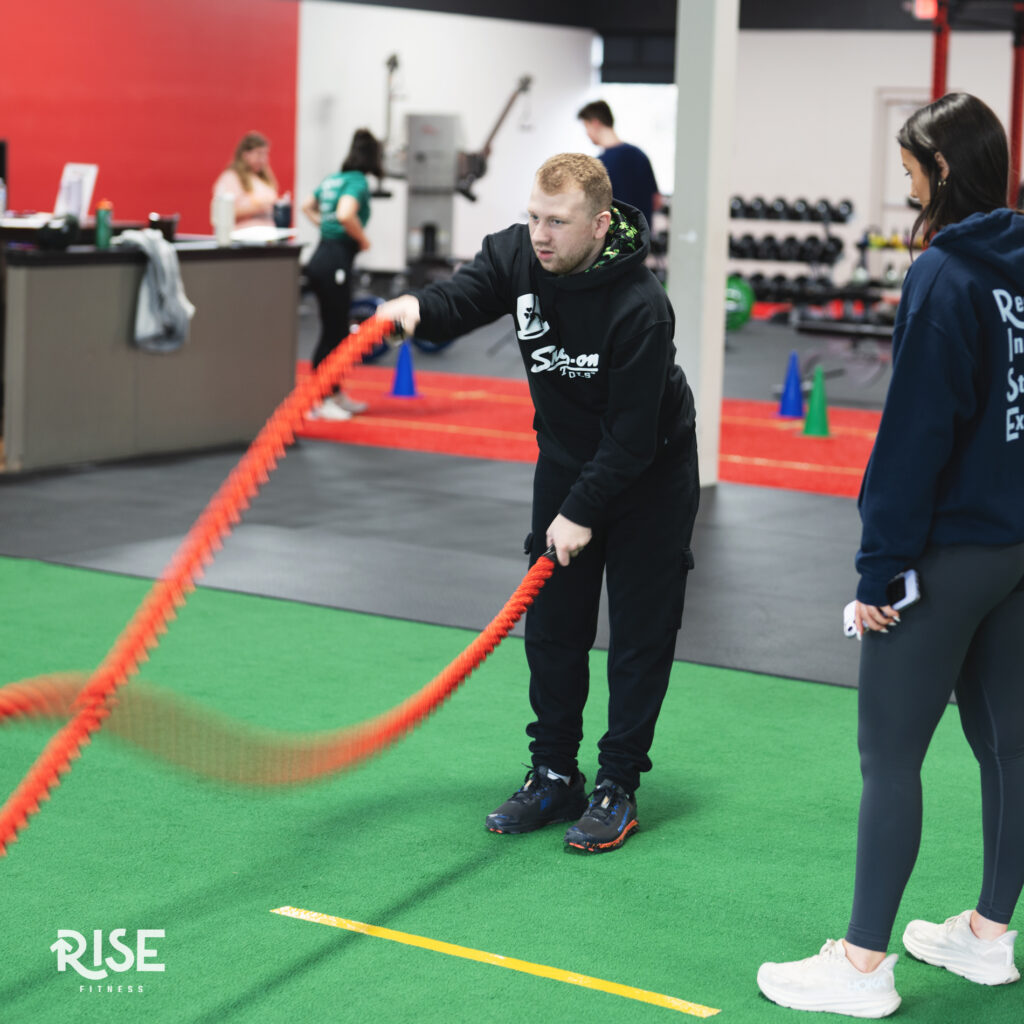
Physical Health Benefits
- Improved Strength and Endurance: Regular exercise helps build muscle strength and increase endurance, making daily activities easier and less fatiguing. For individuals with mobility impairments, strengthening the muscles used for movement can lead to greater independence.
- Enhanced Cardiovascular Health: Cardiovascular exercise, such as swimming, cycling, or adaptive sports, improves heart health, reduces the risk of heart disease, and enhances overall cardiovascular function. This is particularly important for individuals with disabilities, who may be at higher risk of cardiovascular issues.
- Better Flexibility and Mobility: Stretching exercises and activities like yoga can improve flexibility and range of motion. This can be especially beneficial for those with conditions that limit movement, as increased flexibility can reduce pain and prevent contractures.
- Weight Management: Maintaining a healthy weight is crucial for everyone, but it can be particularly challenging for individuals with disabilities. Regular physical activity helps manage weight, reducing the risk of obesity and related health conditions such as diabetes and hypertension.
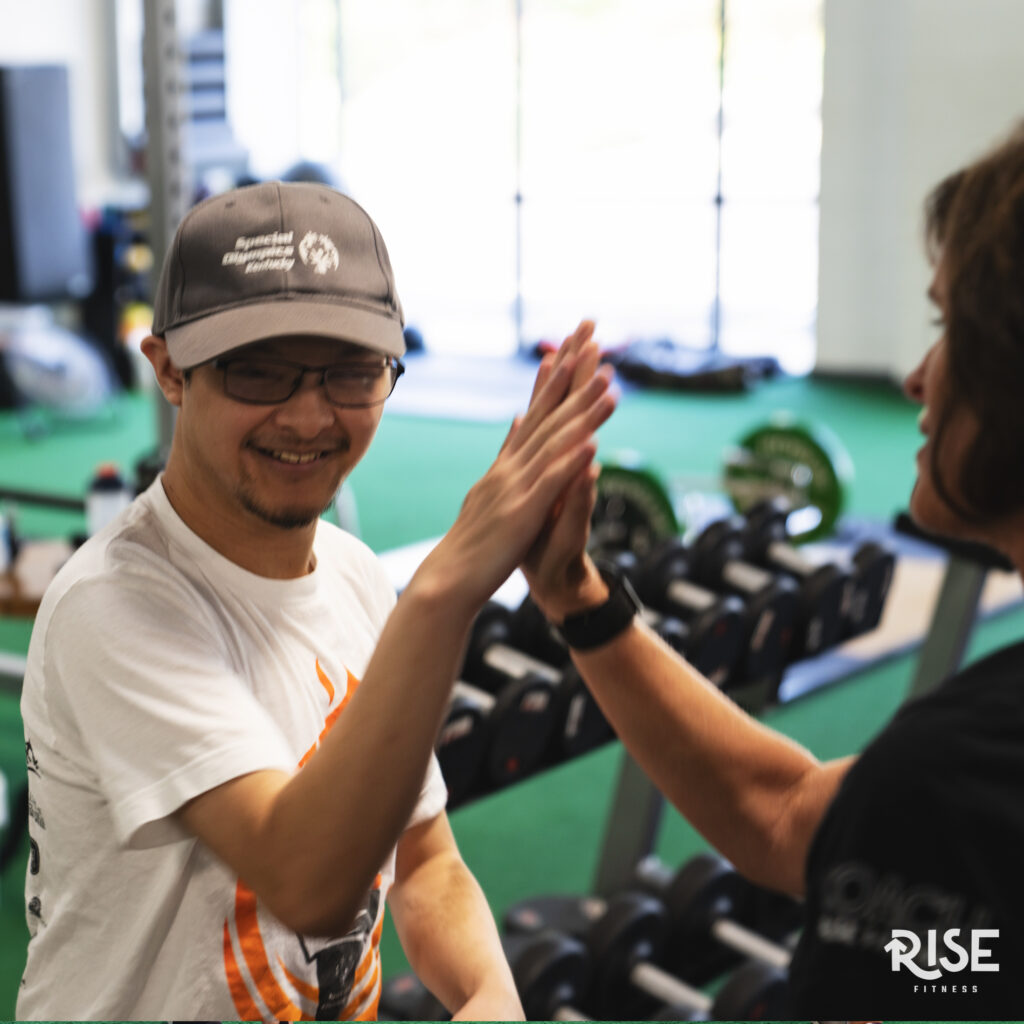
Mental Health Benefits
- Reduced Anxiety and Depression: Exercise has been shown to release endorphins, which are natural mood lifters. This can help reduce symptoms of anxiety and depression, which are more prevalent in the disability community due to various stressors and challenges.
- Improved Self-Esteem and Confidence: Achieving fitness goals, no matter how small, can boost self-esteem and confidence. For individuals with disabilities, this can be empowering and help them feel more capable and independent.
- Enhanced Cognitive Function: Physical activity has been linked to improved cognitive function and memory. This is beneficial for everyone, including those with cognitive impairments or developmental disabilities.
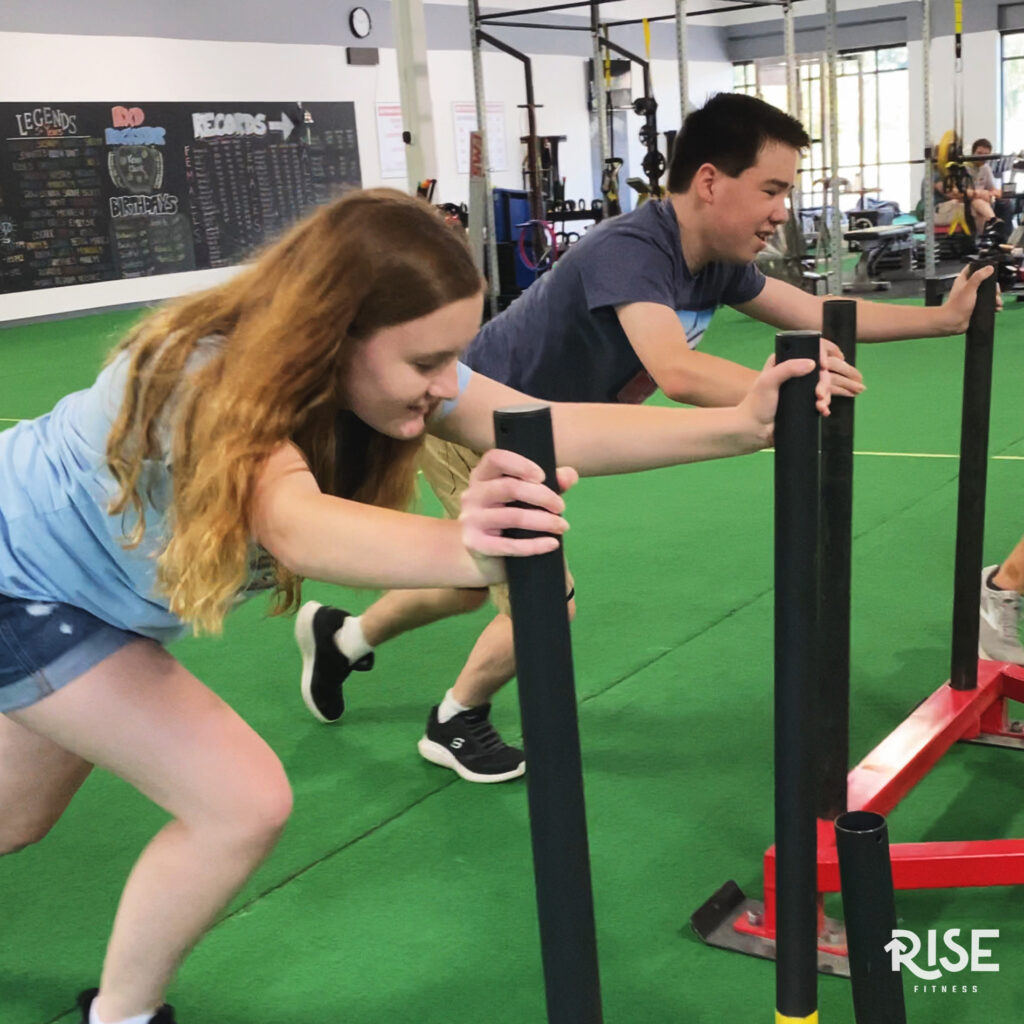
Social Benefits
- Increased Social Interaction: Participating in group exercises or adaptive sports provides opportunities for social interaction and building friendships. This can help combat the isolation and loneliness that many individuals with disabilities experience.
- Sense of Community: Engaging in fitness activities with others who have similar challenges fosters a sense of community and belonging. This support network can be invaluable for emotional well-being and motivation. Our athletes do not merely participate in a program, they actively encourage and support one another, pushing themselves to become better, stronger, and faster.
- Inclusion and Equality: Adaptive sports and fitness programs promote inclusion and equality by providing opportunities for individuals with disabilities to participate in physical activities alongside their peers. This helps break down social barriers and challenges stereotypes. Our athletes are not isolated or categorized in terms of ability. Our coaches design the program to ensure all athletes can participate together.
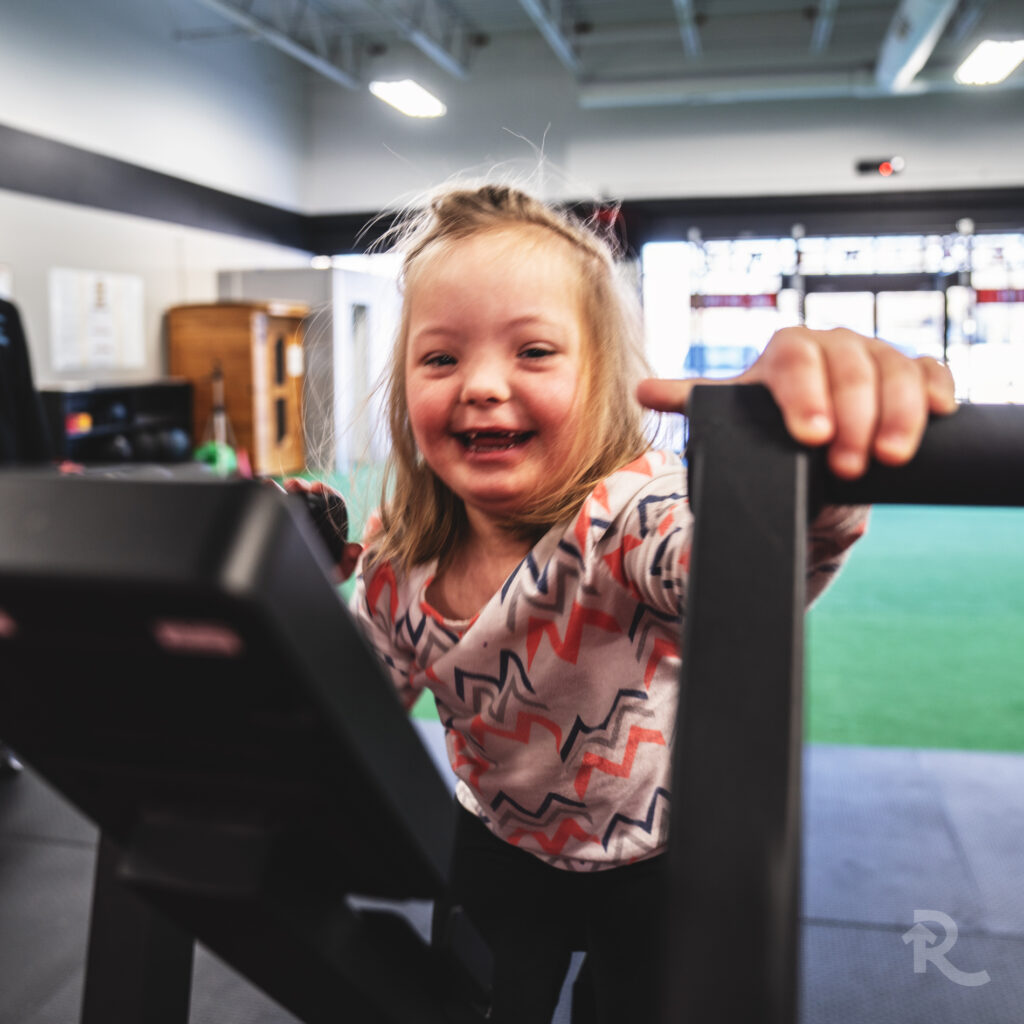
Overcoming Barriers
Despite the numerous benefits, individuals with disabilities often face significant barriers to exercise and fitness, including:
- Lack of Accessible Facilities: Many gyms and fitness centers are not fully accessible, making it difficult for individuals with disabilities to participate in physical activities. We at Rise work to ensure that any athlete entering our facility has the option to participate in our program. Our coaches have specific training and experience working with athletes affected by disability and can easily create quality training regimens that translate over to activities of daily living.
- Limited Adaptive Equipment: Access to adaptive equipment can be limited, preventing individuals from engaging in certain types of exercise. The benefit of our knowledge, training, and experience means we can accomplish a lot with minimal equipment.
- Financial Constraints: Priced reasonably, our classes are designed to be affordable. Rise Fitness does offer limited scholarships for athletes who wish to attend classes but need additional financial assistance.
- Lack of Awareness and Education: There is often a lack of awareness and education about the importance of exercise for individuals with disabilities, both among the public and within the medical community. Our coaches have direct experience with individuals affected by disability. Whether family members, years of serving and volunteering, or direct training through programs such as Autism Fitness and Special Strong, our coaching staff continually seeks to improve their knowledge base with regards to training and exercise for the disability community.
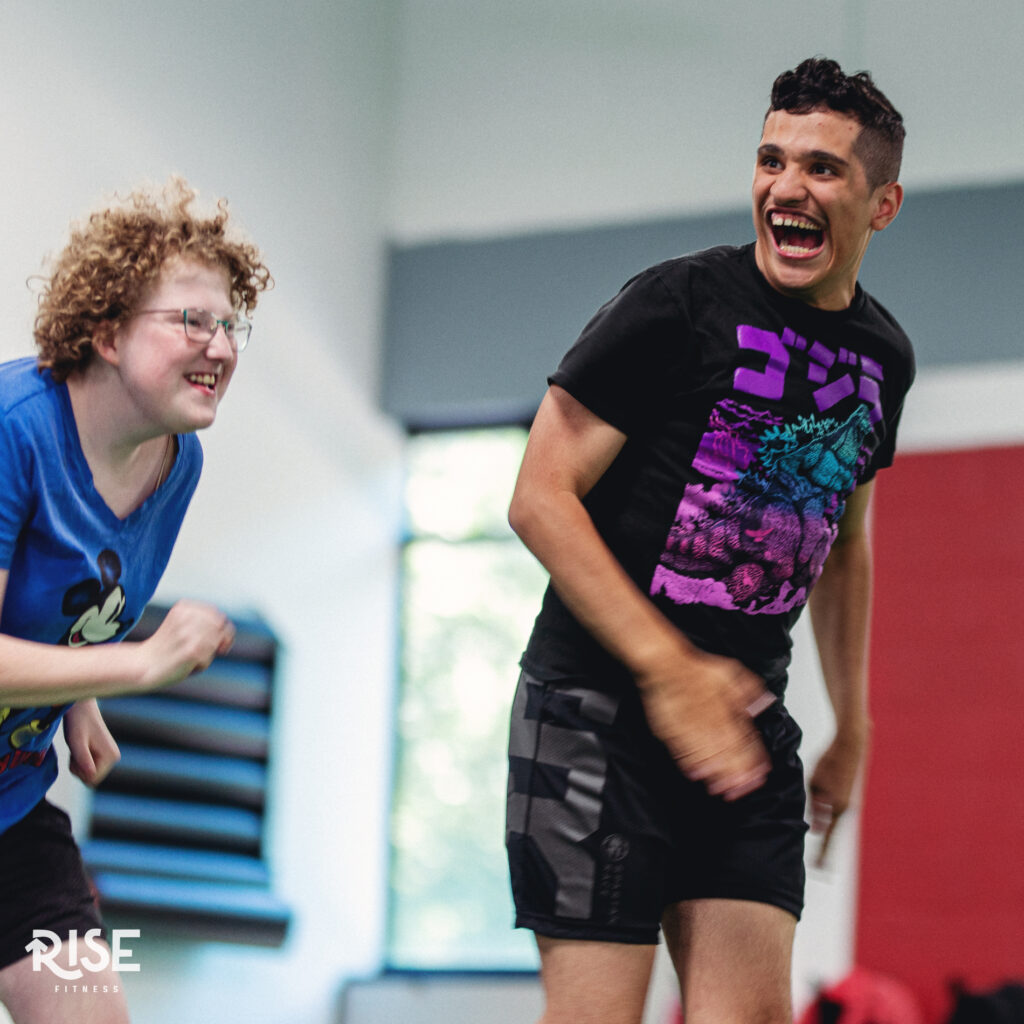
Conclusion
Exercise and fitness are not just about physical health; they are about empowering individuals, enhancing mental well-being, and fostering a sense of community. For the disability community, the benefits of regular physical activity are profound and far-reaching. By addressing barriers and advocating for more inclusive fitness opportunities, we can ensure that everyone, regardless of ability, can experience the transformative power of exercise.
Movement and fitness belong to everyone.
